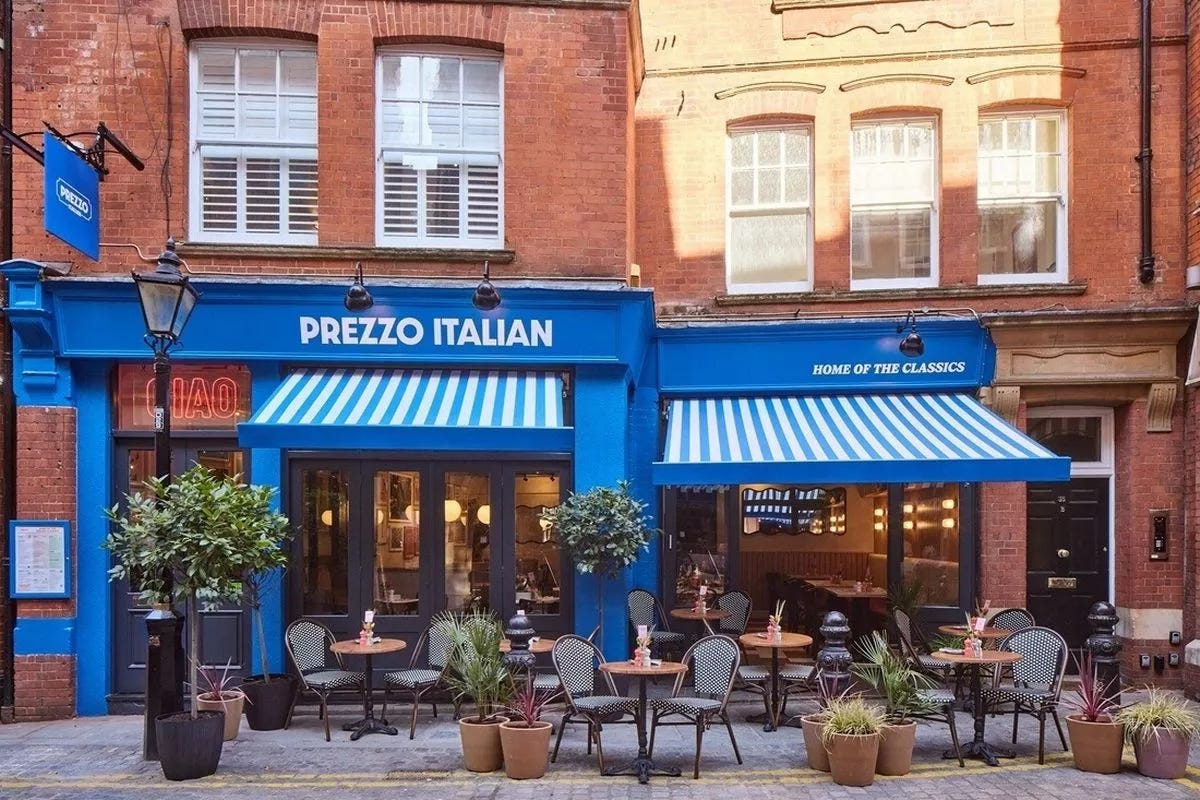More holidays if you go to Italy (says UK employer)
Più ferie se vai in vacanza in Italia (parola di datore di lavoro inglese)
Quando l’HR diventa PR e l’Italia è la solita carta vincente.
Immaginate la scena: siete camerieri o chef in una catena britannica, vi spaccate la schiena tra piatti di pasta e pizze “Italian style”… e un giorno arriva il capo e vi dice: “Sai che c’è? Se te ne vai in vacanza in Italia, ti diamo ferie extra.”
Non è uno scherzo, è la nuova policy di Prezzo …


